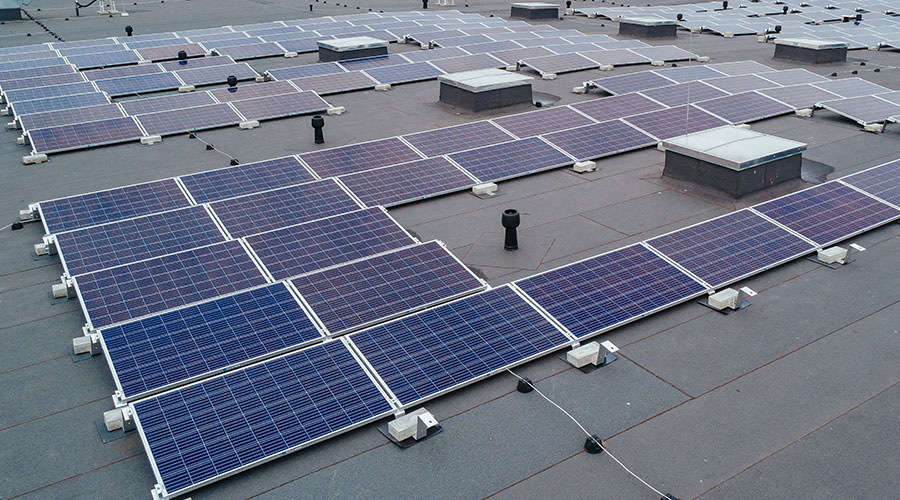DOE to Invest $20.6 Million for Solid-State Lighting Research
The U.S. Department of Energy (DOE) has announced it will provide up to $20.6 million for 13 projects aimed at advancing solid-state lighting (SSL) research and product development. Combined with industry contributions, investment in these projects will total $28 million
The U.S. Department of Energy (DOE) has announced it will provide up to $20.6 million for 13 projects aimed at advancing solid-state lighting (SSL) research and product development. Combined with industry contributions, investment in these projects will total $28 million.
SSL lighting technology creates light with considerably less heat than incandescent and fluorescent lamps, allowing for increased energy efficiency. These projects are part of DOE’s national strategy to accelerate SSL advances from the laboratory to marketplace to help meet the growing energy demand.
“The department is eager to advance and accelerate research and development in this cutting-edge technology because solid-state lighting has the potential to more than double the efficiency of lighting systems, significantly reduce our carbon footprint, and transform the built environment,” says Alexander Karsner, DOE assistant secretary for energy efficiency and renewable energy.
Unlike incandescent and fluorescent bulbs, SSL uses a semiconducting material to convert electricity directly into light, which maximizes the light’s energy efficiency. SSL encompasses a variety of light-producing semiconductor devices, including light-emitting diodes and organic light-emitting diodes.
Selection of these projects represents the fourth round in a series of DOE funding opportunities seeking to examine high-priority research-and-development activities designed to advance SSL for general illumination applications.
The DOE selected five of the projects in response to its Core Technology Funding Opportunity Announcement (FOA), issued in May 2007, and it selected two projects in response to its National Laboratory Call for Core Technology Research. These seven projects are expected to fill key technology gaps, provide enabling knowledge or data, and represent a significant advancement in the SSL technology base. The total value of these projects is $10.8 million, with performers of cooperative agreements providing 20 percent of total project costs.
The DOE selected the six remaining projects in response to its Product Development FOA, also issued in May 2007, with a total value of $17.1 million and an average of 32 percent investment from industry. These selections focus on the development and improvement of commercially viable materials, devices or systems.
To learn more about the DOE’s SSL portfolio, visit its energy efficiency and renewable energy web site.
Related Topics:











